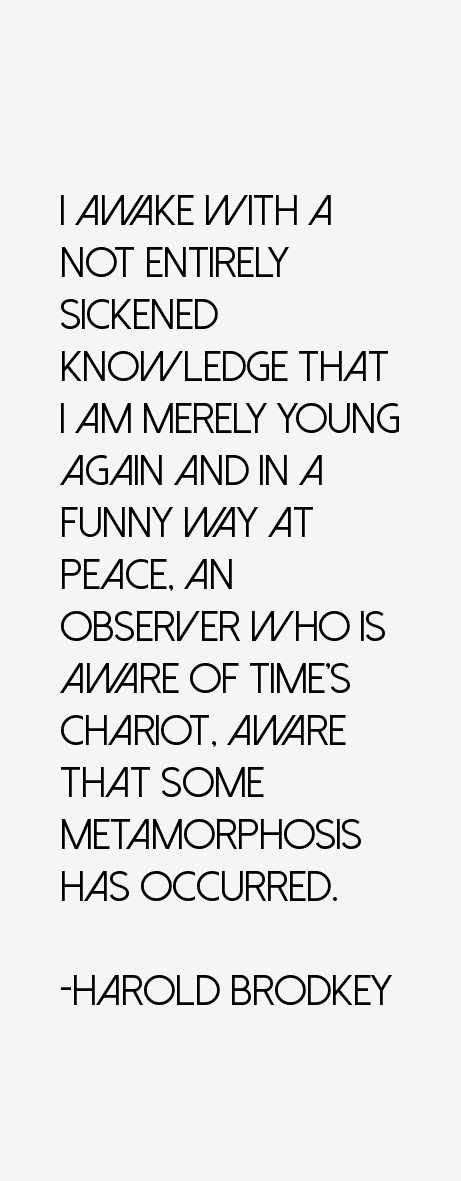




Still, Brodkey declines to say whether this is the first of a multivolume novel, or even that this is “The Book,” the novel that had been advertised as Party of Animals. Yet he withheld publication of the manuscript in book form, and consequently was able to elude ultimate public judgment until November of 1991, when Farrar, Strauss and Giroux published The Runaway Soul. In recent years, some critics, editors and publishing wags have begun to adopt, in relation to this native of the show-me state, what amounts to a somewhat peevish “put up or shut up” attitude, an opinion most explicitly advanced by Rhoda Koenig in New York magazine, who referring to Ernest Hemingway’s many posthumous publications bearing witness to that writer’s industry, quipped that Brodkey alive was less prolific than Hemingway dead.īrodkey has, however, been publishing all along-some fifty pieces since the first collection. In the meantime, the work became something of an object of desire for editors it was moved among publishing houses for what were rumored to be ever-increasing advances, advertised as a forthcoming title ( Party of Animals) in book catalogs, expanded and ceaselessly revised, until its publication seemed an event longer awaited than anything without theological implications. After publication of a volume of finely made short stories written in his twenties, First Love and Other Sorrows (1958), many of which first appeared in The New Yorker and were acknowledged to be of outstanding promise, Brodkey began composition of an extended prose work, portions of which have been published in magazines and journals, which has provoked a wide diversity of critical opinion-from Denis Donoghue’s claim in Vanity Fair that it is a “work of genius” to suggestions that it may be a bloated hoax. Interviewed by James Linville Issue 121, Winter 1991įor the past thirty years Harold Brodkey has pursued a path unique in American letters.


 0 kommentar(er)
0 kommentar(er)
